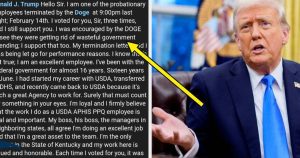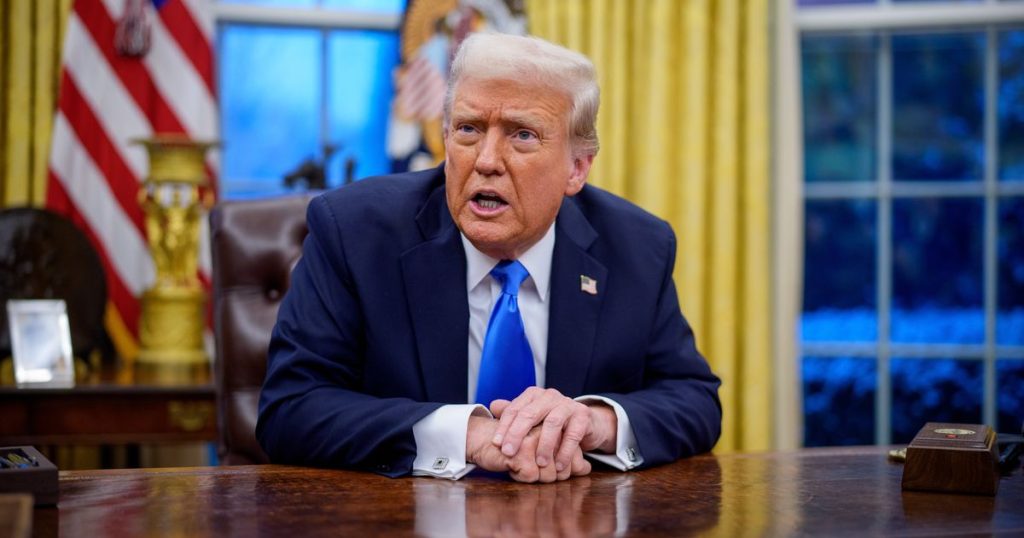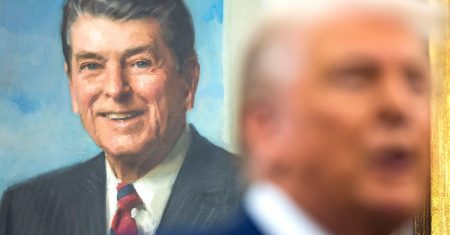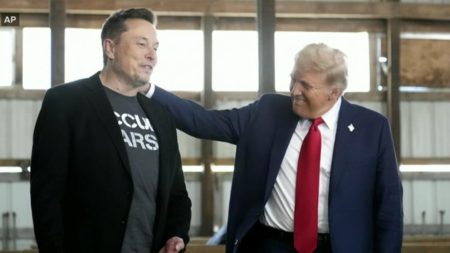Federal Appeals Court Rejects Request to Halt Funding Order
In a significant legal development, a federal appeals court recently declined an emergency request to pause a lower court’s order requiring the Trump administration to release billions of dollars in frozen federal grants and loans. The Boston-based 1st U.S. Circuit Court of Appeals denied the request, though it emphasized that it would continue to monitor the situation closely while the lower court clarifies its ruling. This decision comes amid a broader pattern of legal challenges to the administration’s actions, which have caused frustration among top officials and slowed the implementation of President Donald Trump’s agenda.
The Lower Court Ruling and Its Implications
The case originated in Rhode Island, where U.S. District Court Judge John McConnell issued a sweeping order directing the Trump administration to unfreeze federal funding. McConnell, who was appointed by former President Barack Obama, found that the administration had not fully complied with a previous court order halting a controversial memo that sought to pause all federal grants and loans. The memo, which was later rescinded, had sparked widespread chaos across the country, with states and organizations struggling to access critical funds for programs such as early childhood education, pollution reduction, and HIV prevention research.
Despite the memo’s reversal, McConnell determined that some federal grants and loans remained frozen, including funding for key initiatives like research programs at the National Institutes of Health (NIH). The judge’s order not only required the administration to release the frozen funds but also prohibited it from implementing a planned cut to NIH funding. McConnell’s ruling was seen as a significant rebuke of the administration’s handling of federal funding, marking the first time a judge had found the administration in contempt of a court order.
The Administration’s Argument: Judicial Overreach
The Justice Department, representing the Trump administration, argued vigorously against McConnell’s order, describing it as “intolerable judicial overreach.” In their appeal to the 1st Circuit Court of Appeals, government attorneys contended that the order interfered with the executive branch’s authority to manage federal spending, including discretionary funds and efforts to prevent fraud. They argued that McConnell’s ruling effectively stripped the President of his constitutional responsibility to “take care that the laws be faithfully executed,” a claim that underscored the administration’s broader frustration with judicial oversight.
The administration’s legal team also warned that the lower court’s order could set a dangerous precedent, empowering judges to micromanage executive branch decisions on federal spending. They urged the appeals court to act swiftly to address what they viewed as an unprecedented assertion of judicial authority. While the appeals court declined to immediately halt McConnell’s order, it signaled that it would remain actively engaged in the case, potentially setting the stage for further legal battles.
The States’ Position: Congress, Not the President, Controls the Purse Strings
On the other side of the legal battle are nearly two dozen Democratic states, which filed the original lawsuit after the administration issued the memo halting federal grants and loans. The states argued that the President cannot unilaterally block funding that has been appropriated by Congress, and they accused the administration of ignoring the constitutional separation of powers. They also highlighted the real-world consequences of the funding freeze, citing examples of critical programs being disrupted and residents suffering as a result.
The states urged the appeals court to allow the case to continue unfolding in the lower court, where McConnell could provide further clarity on his order. They emphasized that the frozen funds were essential for a wide range of public services and that any further delay in releasing the money would only exacerbate the harm already caused. By framing their argument in terms of congressional authority and the separation of powers, the states sought to establish a constitutional rationale for McConnell’s ruling and push back against the administration’s claims of executive overreach.
The Broader Context: A Pattern of Legal Challenges
The battle over federal funding is just one of several legal challenges the Trump administration has faced in recent months. Judges have also temporarily blocked other key aspects of the administration’s agenda, including efforts to end birthright citizenship, access Treasury Department records, and implement a mass deferred resignation plan for federal workers. These setbacks have contributed to growing frustration among administration officials, who view the courts as a major obstacle to advancing Trump’s priorities, such as increasing fossil fuel production, removing protections for transgender individuals, and rolling back diversity and inclusion initiatives.
The funding freeze itself was initially justified by the administration as a way to align federal spending with Trump’s policy goals. However, the move sparked widespread opposition from Democratic states and advocacy groups, who accused the administration of abusing its authority and disregarding the will of Congress. The legal challenges that followed have underscored the ongoing tension between the executive branch and the judiciary, as well as the broader struggle for control over the direction of federal policy.
Conclusion: An Ongoing Battle Over Federal Funding
The 1st Circuit Court of Appeals’ decision to deny the administration’s emergency appeal marked the latest twist in a high-stakes legal drama over federal funding. While the court declined to immediately halt McConnell’s order, its willingness to keep the case on a fast track suggests that the issue is far from resolved. The underlying dispute revolves around fundamental questions of executive authority and the role of the judiciary in ensuring compliance with court orders—a theme that has recurred frequently during the Trump administration.
As the case moves forward, the states and the administration will continue to clash over the proper balance of power in managing federal funds. The outcome of this legal battle could have far-reaching implications, not only for the specific programs affected by the funding freeze but also for the broader principles of governance and accountability. For now, the millions of Americans who rely on these federal grants and loans for essential services will have to wait and see how this critical issue is ultimately resolved.















